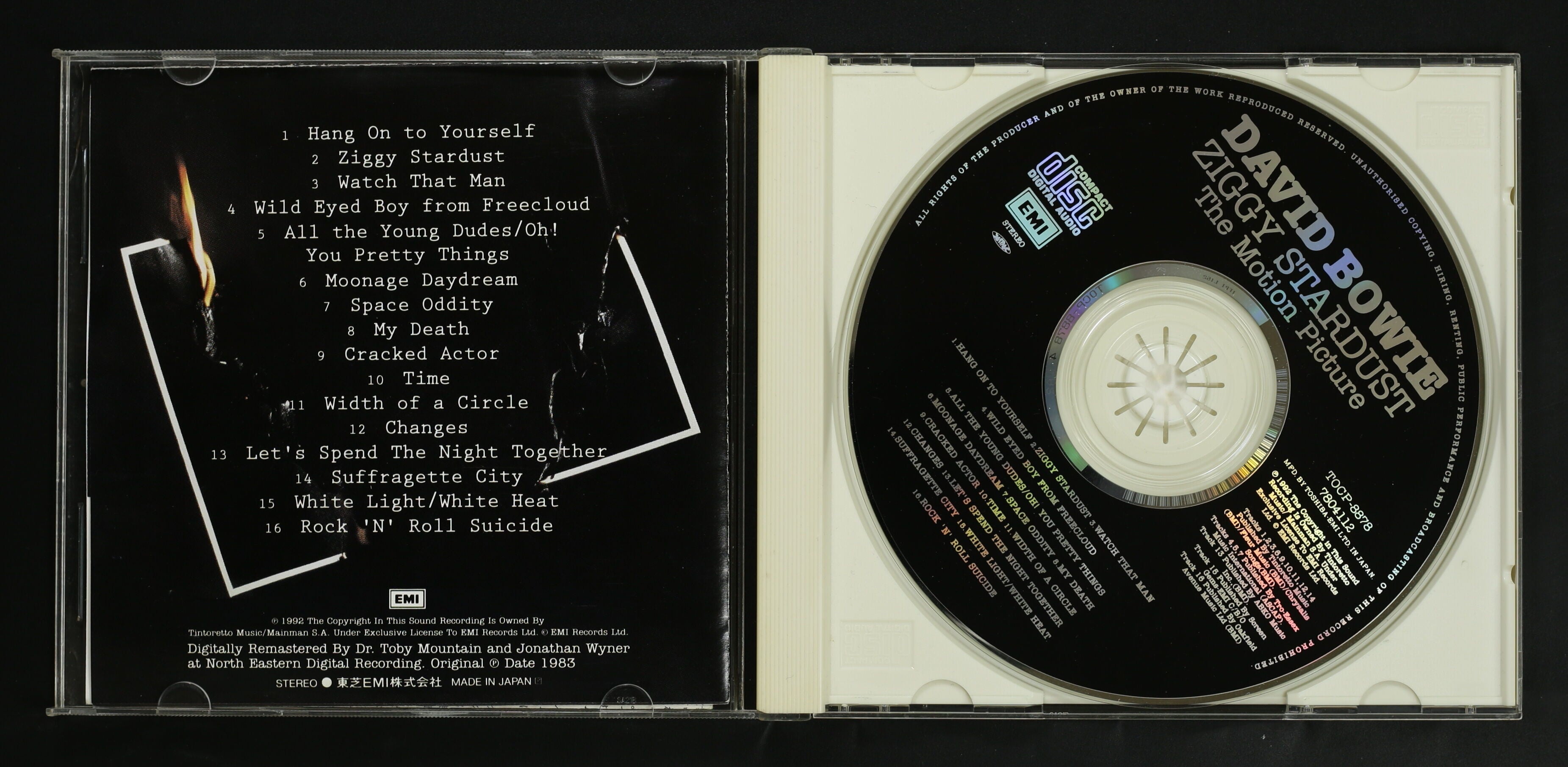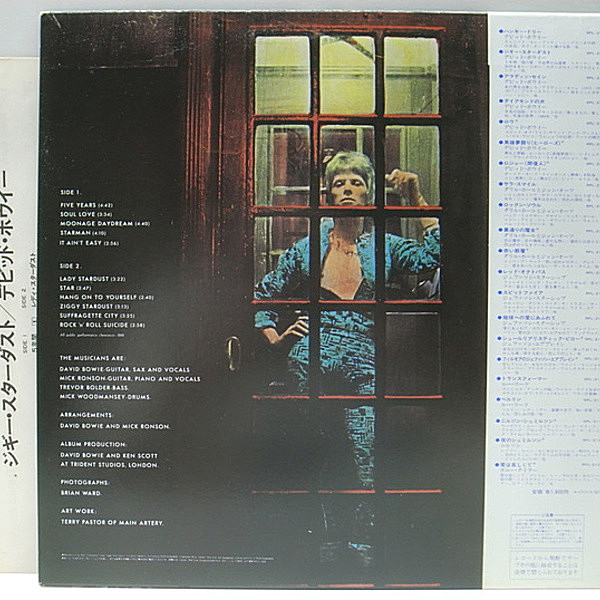【非売品】デビッド ボウイ David Bowie USBメモリ
(税込) 送料込み
商品の説明
未使用新品です。2016年頃にタワーレコードのイベント抽選会で入手しました。
蓋と本体に若干の凹みのような箇所がありますが、傷ではありません。
シリコンのような素材で出来ているため、入手時からの状態です。
気にならない方のみお願いいたします。
当時より箱に入れて保管しており、状態は悪くないと思います。
#非売品
#未使用
#davidbowie
#starman
#alladinsane
#glam
#デビットボウイ
#デビッドボウイ
#スターマン
#アラジンセイン
#グラムロック
#USB商品の情報
| カテゴリー | ゲーム・おもちゃ・グッズ > タレントグッズ > ミュージシャン |
|---|---|
| 商品の状態 | 新品、未使用 |

2024年最新】#STARMANの人気アイテム - メルカリ

爆買い 【非売品】デビッド ボウイ David Bowie USBメモリ | ity.info

2024年最新】デビッドボウイの人気アイテム - メルカリ

爆買い 【非売品】デビッド ボウイ David Bowie USBメモリ | ity.info

2024年最新】デビッド・ボウイ レコードの人気アイテム - メルカリ

爆買い 【非売品】デビッド ボウイ David Bowie USBメモリ | ity.info

2024年最新】デビッドボウイの人気アイテム - メルカリ

デビッド・ボウイ/ビギナーズ - 洋楽

2024年最新】デビッドボウイの人気アイテム - メルカリ

デヴィッド・ボウイ / ジギー・スターダスト・ザ・モーション

Amazon.co.jp: David Bowie (デヴィッド・ボウイ) Playing Card

デヴィッド・ボウイ / ジギー・スターダスト・ザ・モーション
デヴィッド・ボウイの歴史的名盤『ジギー・スターダスト』40周年記念盤

デビッド・ボウイ/ビギナーズ - 洋楽

DAVID BOWIE デヴィッド・ボウイ - Ziggy Stardust ハード case

Amazon | 未開封 win.c studio wc003 デヴィッド・ボウイ david bowie

デビッドボウイ×バンズ 【28cm】VANS×DAVID BOWIE新品未使用-

2024年最新】デビッドボウイの人気アイテム - メルカリ

David Bowie デヴィッド・ボウイ/Ziggy Stardust Original European Hybrid CD

ファイヴ・イヤーズ 1969-1973 12CDボックス デヴィッド・ボウイ-

DAVID BOWIE / デヴィッド・ボウイ商品一覧|OLD ROCK|ディスク
ポストカード【音楽】デヴィッド ボウイ (David Bowie) ストライプ ボディスーツ (training spanishmoon foto PCHR81) : c-m-268 : BCL PICTORIAL NETWORK - 通販 - Yahoo!ショッピング

01/30(月)19:00- 「オンラインショップ限定」デヴィッド・ボウイ中古CD

2024登場! デヴィッド ボウイ -1984 Picture Disc Rare 7” バイナル
![Brilliant Live Adventures [CD ボックス] – ワーナーミュージック・ストア](http://store.wmg.jp/cdn/shop/products/9029-518938.jpg)
Brilliant Live Adventures [CD ボックス] – ワーナーミュージック・ストア
(e).jpg)
David Bowie / The Rise And Fall Of Ziggy Stardust And The Spiders

Amazon.co.jp: DAVID BOWIE IS チラシ & ポストカード4枚セット

DAVID BOWIE デヴィッド・ボウイ - Flash / ソックス / メンズ 【公式

2024年最新】デビッド・ボウイの人気アイテム - メルカリ

DAVID BOWIE / The Rise And Fall Of Ziggy Stardust And The Spiders

DAVID BOWIE / Ziggy Stardust And The Spiders From Mars : The

デヴィッド・ボウイ 幻のスタジオアルバム『Toy (トイ)』CD3枚組

DAVID BOWIE / LIVE BY REQUEST 【CD+DVD】 - BOARDWALK

David Bowie デヴィッド・ボウイ/Ziggy Stardust Original European

デヴィッド・ボウイ『ジギー・スターダスト:ザ・モーション

VENU デヴィッド・ボウイ、ライヴ・フィルム『ジギー・スターダスト

DAVID BOWIE / The Rise And Fall Of Ziggy Stardust And The Spiders

DAVID BOWIE - DEFINITIVE NAGOYA 1983(2CD) plus Bonus CDR* Numbered

貴重 DAVID BOWIE デビッドボウイ 初来日 1973 RCA ポスター-

ZIGGY STARDUST AND THE SPIDERS FROM MARS: THE MOTION PICTURE




商品の情報
メルカリ安心への取り組み
お金は事務局に支払われ、評価後に振り込まれます
出品者
スピード発送
この出品者は平均24時間以内に発送しています














